Recognizing Hispanic Heritage Month at PNB
Written and compiled by PNB Company dancer Amanda Morgan
Foreword
As we celebrate Hispanic Heritage Month, I found it important to highlight the many Latine artists that help make Pacific Northwest Ballet what it is. We range from being onstage to working behind the scenes to help the organization run as smoothly as it does. Our stories, our cultures and our histories are what make us who we are and how we show up to PNB everyday.
Hispanic Heritage Month isn’t just about individuals who have done incredible things in the past, but about the current people who are carrying on that legacy into the future. It’s important to honor where we come from, while also acknowledging the continued work that needs to be done within our communities. This can be just by educating oneself about the current global issues affecting Latin American countries, or reading literature written by Latin American authors.
Being Latine to me, means being resilient. It means supporting each other in community. It means salsa music playing on Saturday mornings for “cleaning time”. It means the smell of oil and spices coming from the kitchen. It means being connected to multiple continents. It means energetic dancing. It means everything to me, and I hope you see how much it means to others as well.
With gratitude,
Amanda Morgan
Ayumi Matsuda
PNB School Faculty Member
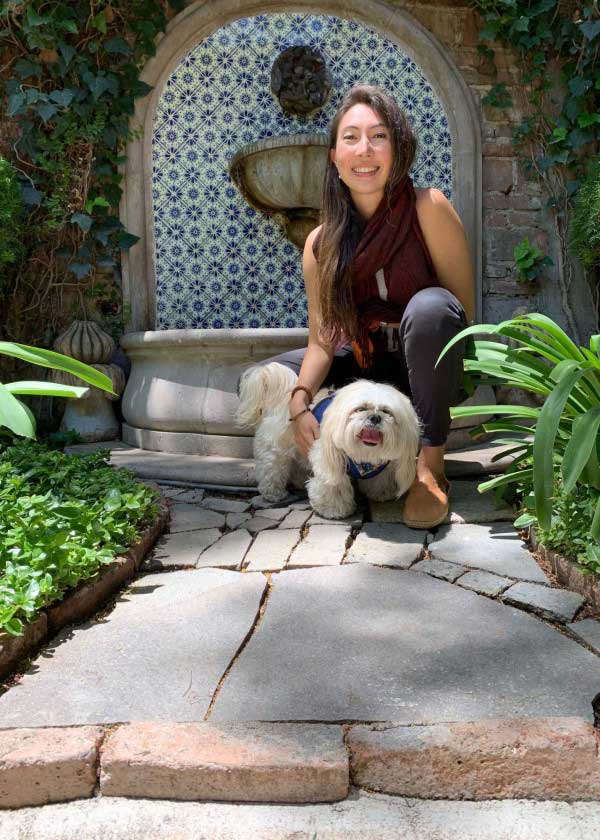
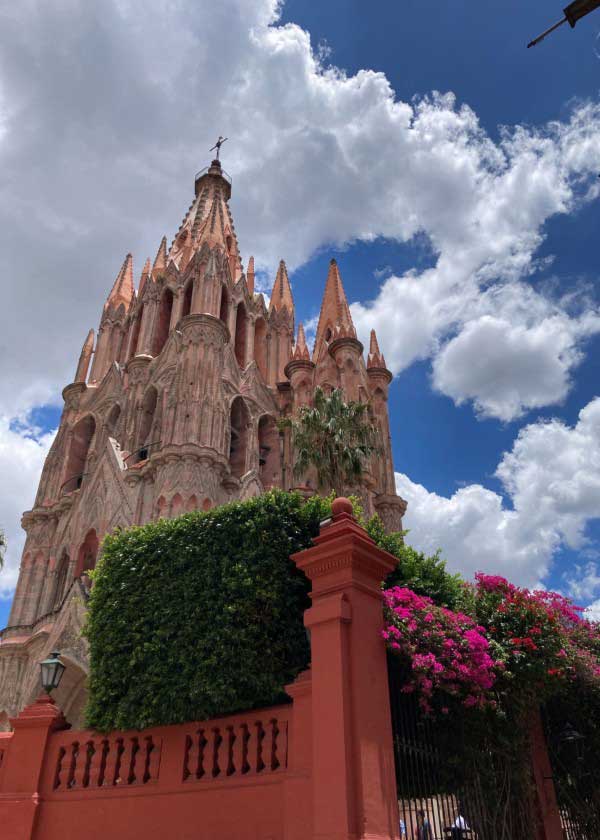
What does being Latine mean to you?
It means seeing life light heartedly and with passion.
How does your culture influence you in your work?
I am originally from Mexico. The rhythms of my country influence my peace and my exercise.
What are your favorite parts about your culture?
The food, the people and its history.
Jonathan Batista
PNB Company dancer
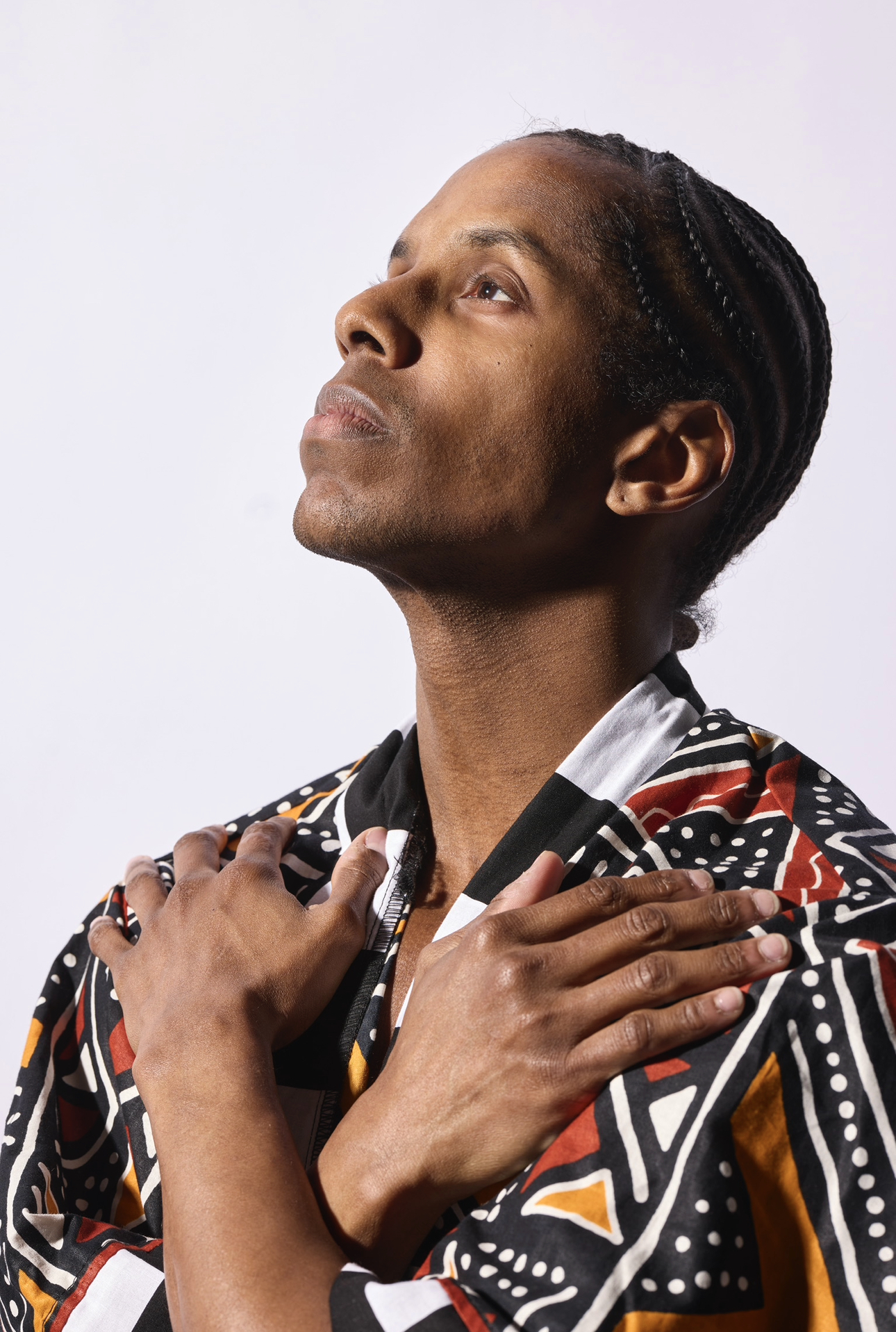
What does being Latine mean to you?
To me being Latine embraces the common bonds, languages, traditions and histories that connect us as a region while also celebrating the unique characteristics and contributions of each country within Latin America.
Where does your family come from? Did they immigrate to North America?
My family comes from Brazil. They did not immigrate to North America or the United States.
How does your culture influence you in your work?
Diversity and Fusion: Brazil’s multicultural society celebrates diversity, and this cultural blend is reflected in my approach to ballet. I draw inspiration from various dance forms including Afro-Brazilian and Indigenous dance, incorporating elements of these traditions into my ballet performances. This fusion adds a unique and personal touch to my work.
What are your favorite parts about your culture?
Music. Brazilian music, including Samba, Bossa Nova, Forró, Funk, is celebrated for its infectious rhythms and heartfelt lyrics. It’s a favorite part of Brazilian culture for its ability to uplift spirits.
What makes you proud to be Latine?
What makes me proud is a celebration of my broader Latin American Heritage and the unique characteristics that come with it, such as Cultural Diversity, language and literature, music and dance, cuisine, natural beauty, social and cultural movements, historical significance, innovation and creativity, and lastly community and family. In essence, being proud to be Latine encompasses embracing the rich tapestry of Latin American culture, the contributions of the region to the world, and the sense of belonging to a diverse and vibrant community that spans across borders.
Will Moser
Foundation and Government Relations Manager
Where does your family come from? Did they immigrate to North America?
The majority of the Hispanic side of my family comes from Chihuahua in Northern Mexico though my great-grandfather may have been born in Spain before immigrating to Mexico. When the two sides of my Mom’s family made it to the US, they settled in El Paso, Texas, which is its own brand of Mexican-American.
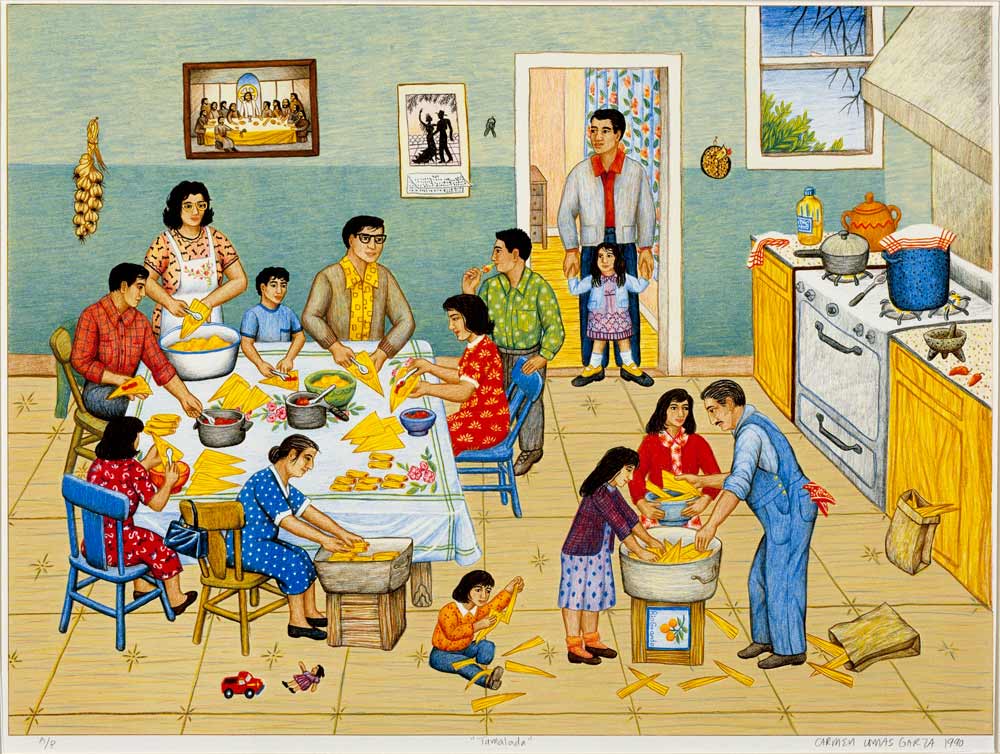
Carmen Lomas Garza, American, b. 1948. Tamalada (Making Tamales). Lithograph, 1990. Gift of June E. Enoch, 1997.13. Photo courtesy of FWMoA (Fort Wayne Museum of Art).
How does your culture influence you in your work?
Following on from the previous question, it’s actually the impact of other cultures on my own that most influences my work at PNB. Growing up as a chubby brown girl, my Mom was always told she could never be a ballerina because she was too short, too dark, too fat. She had never even been to the ballet until I was an adult and took her to see The Nutcracker for the first time. She cried as she talked about how beautiful it was and told me how she’d never gotten to experience it before and by that point in her life had just assumed she never would. I cried when I got my job at PNB because I told her I would use every last ounce of any power or privilege I might have to make sure that no other little brown kid would ever again be made to feel that this artform I love isn’t for them.
What are your favorite parts about your culture?
The easy answer is “the food” but the more thought out answer is the history and culture related to food with the bonus that you get to eat it! Aside from it just being delicious, Mexican cuisine’s abundance of “peasant foods” reflects the ingenuity and resilience of the people of Mexico across its history. It also exemplifies the slow-food movement long before that was a trendy topic. Loaded with dishes that take a long time to prepare and have steps that can involve the whole family from toddler to abuelita, food, and the act of making it, is what ties me the most to my Mexican culture.
What makes you proud to be Latine?
The realities behind some of the stereotypes about Mexican people actually makes me really proud of my Hispanic heritage. Obviously, some stereotypes can be used negatively and not all of them fit every person, but as a person with dozens of cousins and aunts and uncles, I can’t imagine life without a huge family. I may not always like all of them, but I’m proud of them nonetheless!
Dammiel Cruz-Garrido
PNB Company dancer
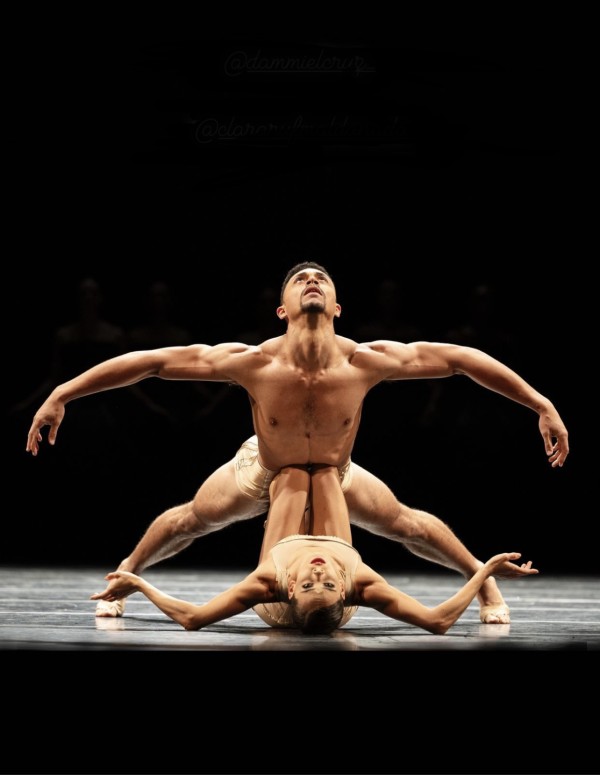
Clara Ruf Maldonado and Dammiel Cruz-Garrido in Jiří Kylián's Petite Mort. Photo © Angela Sterling.
What does being Latine mean to you?
It’s everything to me, it brings a sense of cultural pride to my everyday life.
Where does your family come from? Did they immigrate to North America?
My family comes from the Dominican Republic, my grandma first came to the states in 1986 then moved with my mother to New York City in March of 1997.
How does your culture influence you in your work?
My mother and grandmother were both professional ballerinas in the Dominican Republic so I carry that legacy with me everyday in the studio.
What are your favorite parts about your culture?
The food and the history are fascinating to me. Being born in The United States gives me the chance to really dive in and learn more about where my family comes from.
What makes you proud to be Latine?
My family’s history and determination make me proud to be who I am everyday.
Sarah Kolat (neé Marroquín)
Executive Assistant to Peter Boal
What does being Latine mean to you?
Like many mixed-race people, my identity is complex and ever-evolving. For me, Latine is an amalgam of physical being, perseverance, and a life grounded in my family.
Where does your family come from? Did they immigrate to North America?
My father came to the United States at the brink of the Civil War in Guatemala to attend the Pan American school in Kingsville, Texas. He was 16, the oldest of six children, and the only one of his siblings to have the opportunity to leave Guatemala to pursue an education. We are Ladino, or mixed Indigenous/Spanish, with ethnic ties to the K’iche’ Maya peoples of Chichicastenango and Spain. My father moved to Seattle after high school and attended SPU and UW and has lived here ever since.
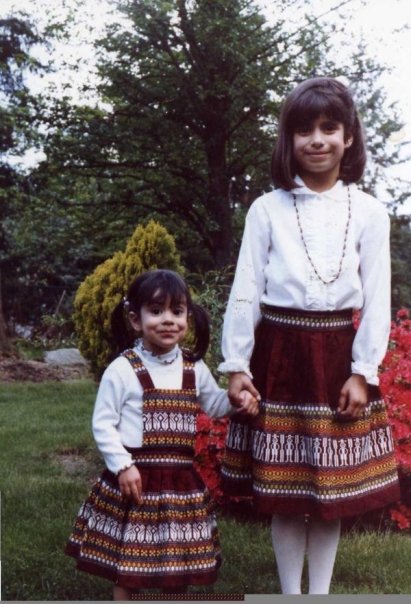
How does your culture influence you in your work?
It influences every part of my work because who I am today is the result of the home I was raised in and how I present physically to the world. I cannot separate my existence from any part of my life.
What are your favorite parts about your culture?
My two greatest joys in life are food and music, and they are both so closely tied to my Guatemalan heritage. I’m an avid cook and in my former life, I was in the food industry. Core food memories: black beans at the table growing up. In my adulthood, I’m obsessed with experimenting with beans. I have a bean guy at the Phinney Farmers Market. I gave tutorials in the early days of the pandemic on how to cook a basic pot of beans. I think they are the most perfect food and I’m proud to feed them to my children. I grew up in such a musical household. My father was a guitarist and singer and played professionally with a band called Los Cumbancheros and our home was always filled with every type of music you can imagine–from Latin to Motown and Irish fiddle to Handel. My parents were curious about it all, and instilled that curiosity in me–it is no surprise I was called to be a performer and musicologist.
What makes you proud to be Latine?
My family, my work ethic, and my resilience in the face of adversity are directly tied to my Guatemalaness and great sources of pride.
Sarah-Gabrielle Ryan
PNB Company dancer
What does being Latine mean to you?
To me, being Latine means sharing in a beautifully rich culture. I love our history, values, tales, and learning more about the complexities of our ancestry. Specifically, being Mexican-American feels like an identity of its own and I love the shared experience I have with so many other individuals whose families raised them in the US with a very strong Latin American upbringing.
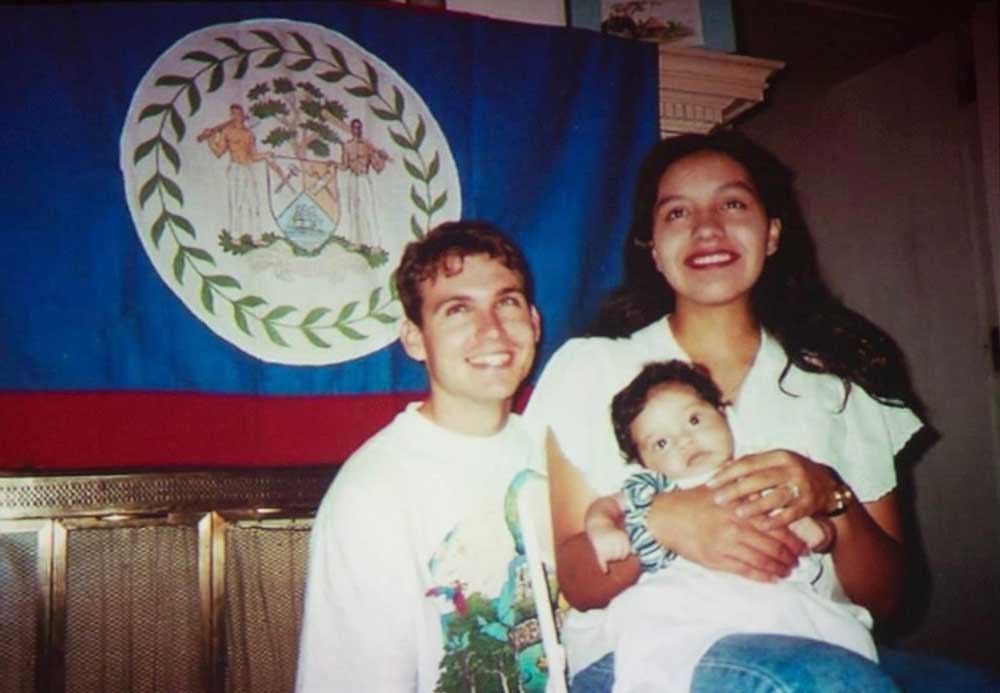
Where does your family come from? Did they immigrate to North America?
My mom is from Puebla, Mexico. Her parents migrated to the US first while she stayed in Mexico with her three sisters and my great-grandmother for two years. The rest of the family eventually joined my grandparents in the US when my mom was just 13 years old. My dad lived his first few years in Merida, Mexico before moving to Succotz, Belize. He came to the US to go to college where my parents met and fell in love!
How does your culture influence you in your work?
Our culture is extremely dedicated and hardworking, bringing warmth and joy into everything we do. When I was younger I remember feeling like my upbringing was very strict – I had to maintain straight A’s in school in order to continue my ballet training. Now, I’m so grateful my parents instilled that level of focus that I carry with me in everything I do.
What are your favorite parts about your culture?
Besides our food (the BEST), I love the importance we put on family! I was so lucky to live in a multigenerational household where my great-grandmother helped my parents raise me. Some of my fondest memories of my childhood are with her.
What makes you proud to be Latine?
One of the most beautiful parts about being Latine is how diverse each culture that falls under the umbrella is. There is so much diversity within Latinidad alone. I feel so proud to be the result of a people who have overcome many obstacles and still continue to make incredible impacts in the world.
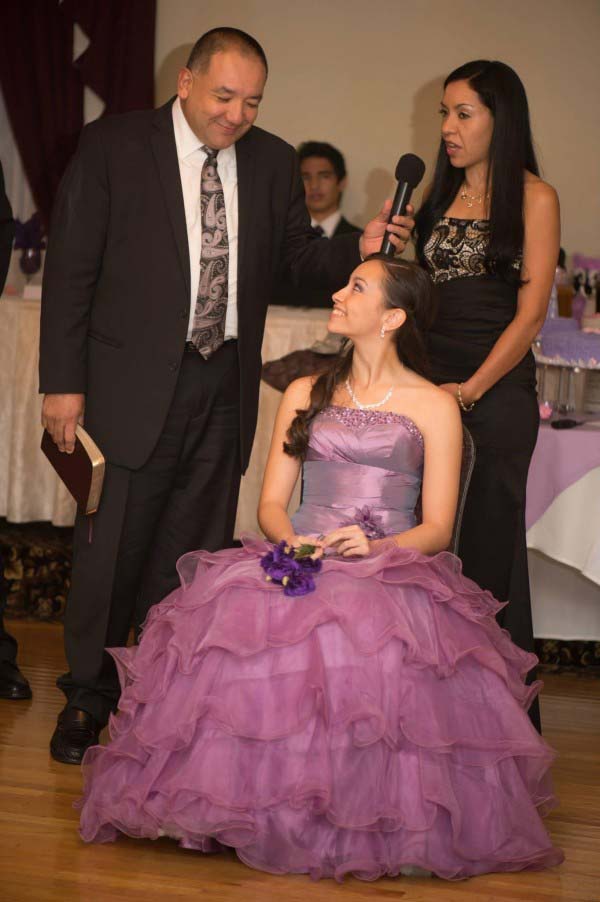
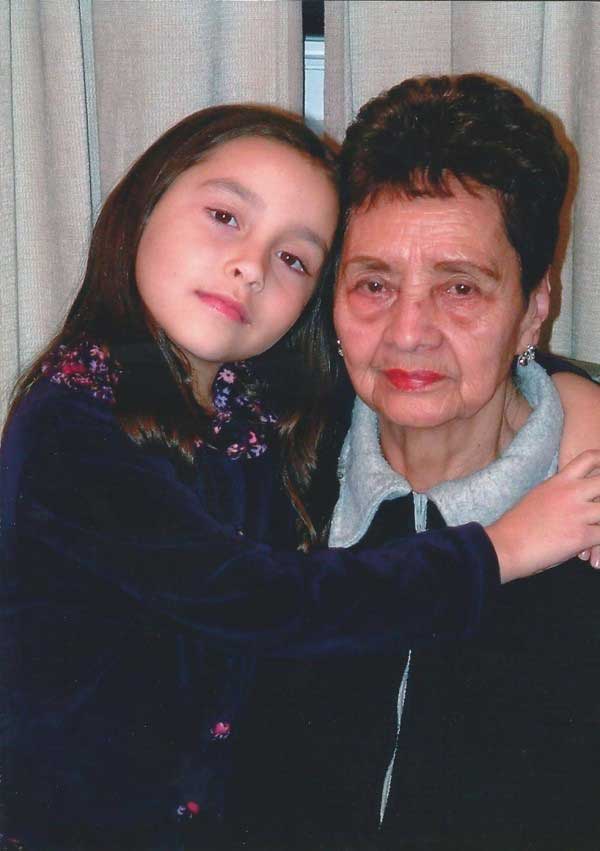
All photos courtesy of interviewees unless otherwise noted.





